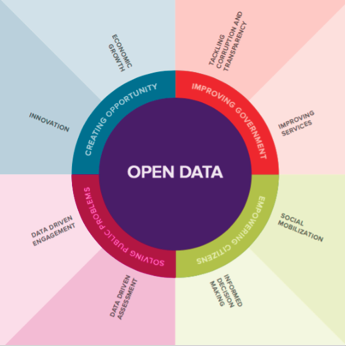
Open Belgium 2017 – the Belgian conference on open knowledge and open data – is in a few days. One of its themes is leveraging open data to increase citizen participation in public life and policy-making. Before the discussion kicks off, CitizenLab presents its take on what connects data and participation, together with a brief how-to.
How political participation is fuelled by data
Frequently governments fail to see the value of open public data (below simply "open data") – of which democratic benefits are only one aspect. It is therefore much needed to stress the following thing: open data is key for citizen participation. There are two main explanations for that.

Citizen participation blossoms when governance is open. This happens when –often enough– government and citizens enter a collaboration as near-equals, beyond information or consultation. In this conception, government doesn't stand high above the governed with an exclusive power to take action in the public realm: it genuinely gives in to the citizens' interventions. Partners in a collaboration both have access to the working resources; similarly government must share its resources, among them data. The openness of government, in its attitude as well as with its means for action, therefore mirrors the agency of citizens.
Open data generates transparency. That means keeping citizens in the information loop –with two purposes. First comes education: making people aware of governance processes and giving them the relevant insights they need to pick their own stance. This is necessary to engage in crowdsourcing or co-creation efforts meaningfully. Second comes monitoring. Citizens must be allowed to easily track government's action, including government's uptake of their contribution. After witnessing their impact, or absence thereof, engaged citizens can be satisfied or on the contrary mobilised out of discontent.
Open government data
Government data is the whole of data produced or commissioned by public bodies. It becomes open when anyone is "free to access, use, modify, and share it — subject, at most, to measures that preserve provenance and openness"¹. Unlike other sources of information , government data most often contains authentic and timely facts. It also displays content that can't be found elsewhere.
- A right to data
After a long history of citizens-only having an obligation to disclose information towards the state, a new vision has been taking hold. This vision presents government data as a new digital commons, i.e. a resource to which citizens are entitled and that must be delivered qualitatively.
- Minimum requirements
Data is qualitative when it is comprehensive and accurate. The only limitation should be the compliance with privacy rules and the prevention of security breaches. It must also be timely: be published when citizens would expect it to be with respect to their uses.
- The making of open data
Data first needs to be assembled. Partial automation is possible. Though this still needs human reviewing, [DigitalDemocracy.org](https://www.digitaldemocracy.org) uses computers to process videos of legislative hearings and transcribe them using facial and voice recognition. Data must then be standardised, i.e. released in a format commonly usable for target applications. Finally, data must be made publicly available for free.
So what?
Completing this process gives you an open data platform. However, it often won't suffice to encourage civic participation. A recent paper from Utrecht University² cites empirical evidence to show that thus far open data frameworks have broadly failed to foster democratic engagement. The founder of Code for South Africa concurs: "the mere act of making certain datasets public has rarely resulted in tangible policy changes"³. Open data is not an end in and of itself, but only a means for action; curators of public data should integrate this as their primary design focus. Not making further efforts towards data users creates a risk to end up with unfriendly data dumps or arcane databases meant only for insiders. More must be done if data is to empower citizens at scale .
It seems we still live in the infancy of open government data, which is all about availability and quality. In our next post, we will submit 9 suggestions to usher in the mature age: open data as a prized participation tool.
(References used: ¹Open Definition, ²Rujer et. al & ³Ijnet)



Share